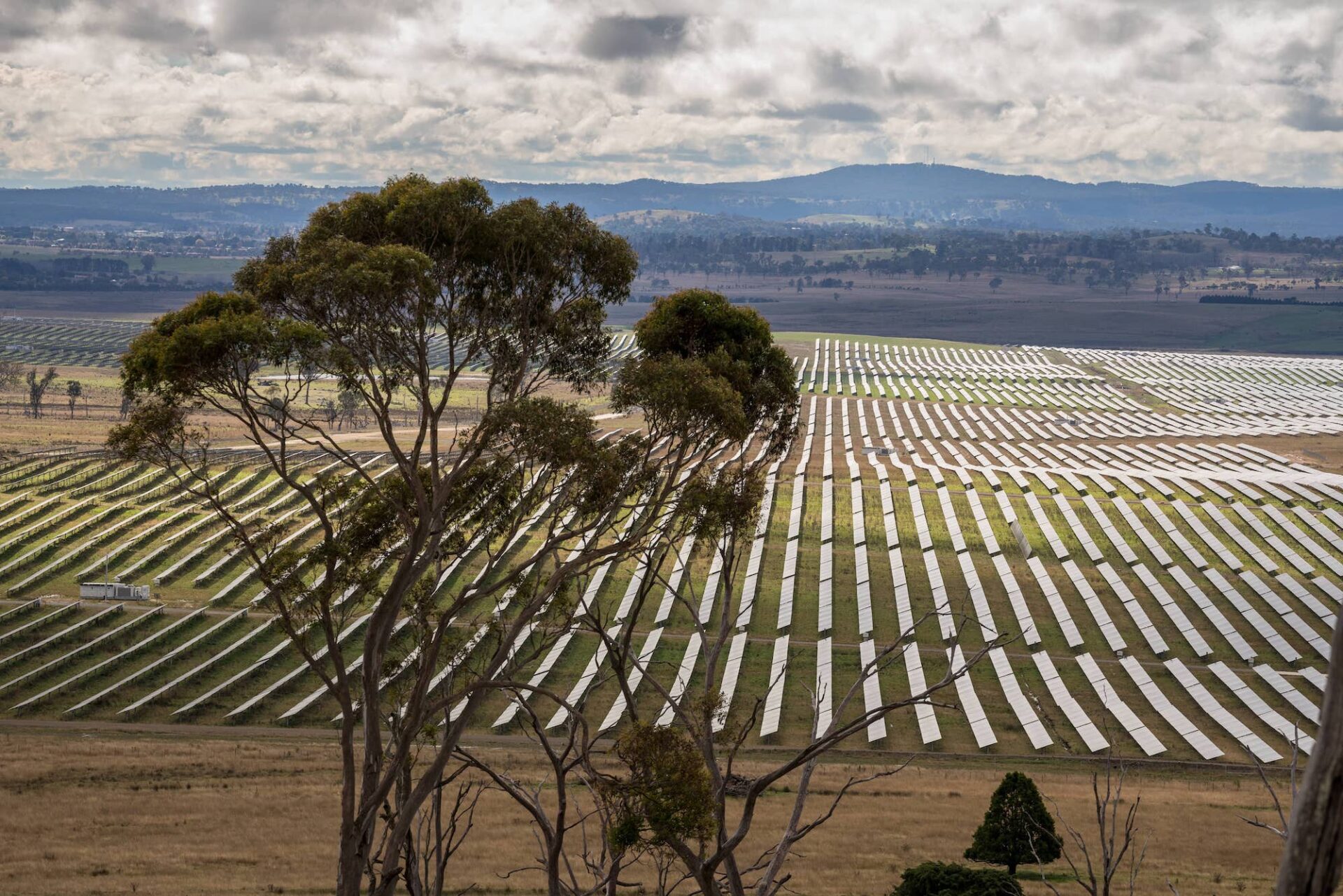Community Power Agency and RE-Alliance – two organisations working for more than a decade with regional communities hosting large-scale renewable energy projects – have warmly welcomed the Capacity Investment Scheme (CIS) improved tender guidelines released today.
The CIS is the framework that allows the Federal Government to set how successful projects will build renewable generation and storage. It will deliver a massive 23 GW of new renewable energy generation and 9 GW of storage in the regions – which could amount to 40 new wind and solar farms and a dozen battery projects by 2030.
RE-Alliance National Director Andrew Bray said strengthening the CIS tender guidelines is the best opportunity to set a high bar for community outcomes in every region that will host projects.
“The Capacity Investment Scheme can establish a floor for standard practice, and raise the roof with extra incentives for outstanding commitments to First Nations communities, local environments, regional communities and workers,” Mr Bray said.
“While we still have a way to go, the government has shown it is really listening. The new guidelines released today are much stronger than previous tenders.
“It’s good to see the tender guidelines emphasising First Nations equity sharing,
revenue sharing, employment and training opportunities, and we look forward to seeing how this is enabled through the assessment process.” Mr Bray said
Kim Mallee, Director, Community Power Agency said government funds should only be awarded to projects that are in a race to the top for better practice renewables development.
“Research has shown that the fastest way to deliver quality renewable energy projects is to do community engagement well with fair benefit sharing,” Ms Mallee said.
“Communities know what it feels like to be listened to and have input to a major project in their region, so it’s imperative that schemes such as the CIS pick projects that perform well and contribute to positive relationships between locals and the industry as a whole.”
What are the key improvements?
- Changes to the CIS tender guidelines released today clarify and prioritise good community engagement for the first time.
- Community benefit sharing is now considered an imperative for projects in the first round of short-listing as well as the second.
- The weighting for assessment scores related to the social elements of a project have increased from 20% to 25%
- While these changes are a good step forward, there is still room to improve – particularly on proponents’ commitments to delivering quality community engagement beyond successfully winning a CIS tender.
